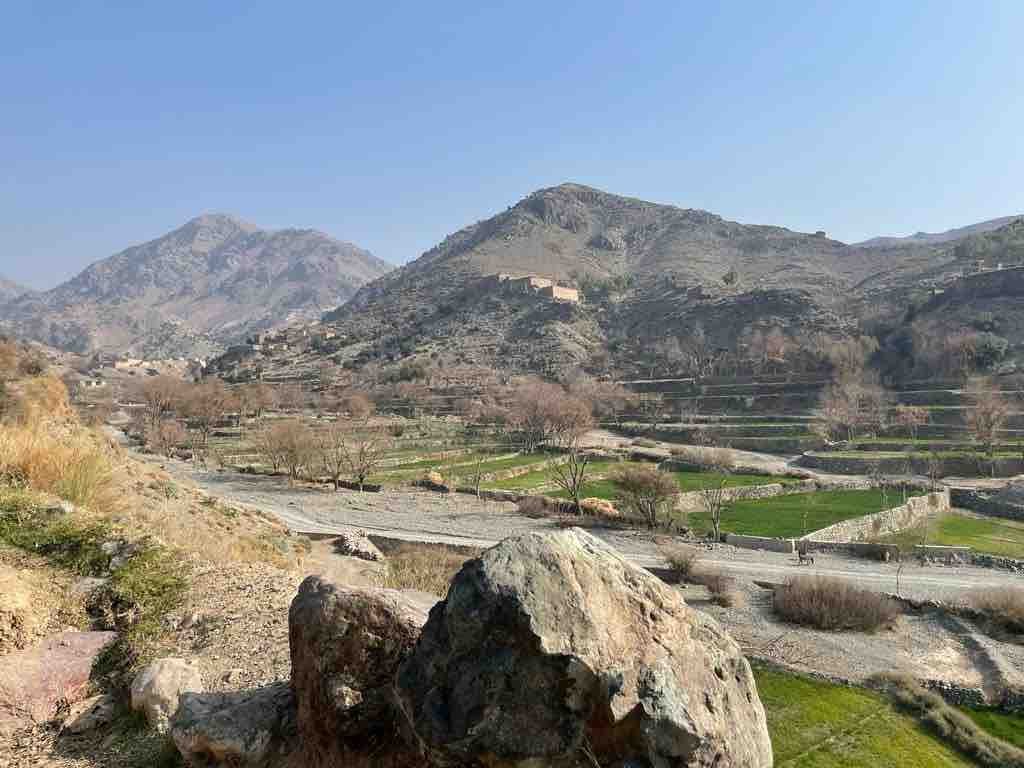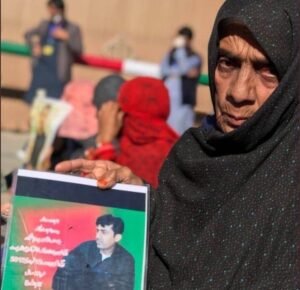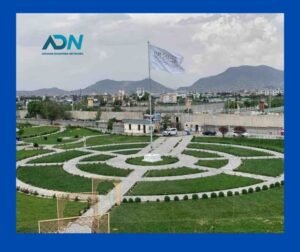Cracks Widen in Afghan-Pakistan Relations: Allegations and Denials Continue

Afghan-Pak border. Photo by @AADIL for ADN
By Fatima Chaudhary
The already strained relations between Afghanistan and Pakistan have once again come under intense scrutiny as accusations and denials of cross-border militant activities escalate.
The Pakistani army, through its Public Relations Department (ISPR), has reiterated its claim that Afghanistan serves as a safe haven for militants who launch attacks on Pakistani soil. Major General Ahmed Sharif, speaking at a press conference in Islamabad on May 7th, alleged that a suicide attack in the Basham area of Khyber Pakhtunkhwa on March 26th was orchestrated from Afghanistan.
The attack resulted in the tragic deaths of five Chinese engineers and their Pakistani driver. While General Sharif pointed fingers at Afghan soil for harboring the attackers, concrete evidence to substantiate these claims remains elusive.
The Taliban-led government in Afghanistan swiftly refuted these accusations, emphasizing its commitment to not allow its territory to be used as a launching pad for attacks against any country, including Pakistan.
Enayatullah Khawarazmi, spokesperson for the Taliban’s Defense Ministry, dismissed Pakistan’s allegations as baseless and aimed at diverting attention from internal matters.
The Tehreek-e-Taliban Pakistan (TTP), a militant group operating within Pakistan, echoed the Taliban’s stance, asserting that it operates solely within Pakistani borders and does not require sanctuaries abroad.
The TTP categorically denied having any presence or hideouts in Afghanistan, further complicating the narrative presented by Pakistani authorities.
Amidst the back-and-forth accusations, efforts to mend the strained relations between the two neighboring countries have faced significant hurdles. Recent meetings between Afghan officials and Pakistani representatives, including Maulana Fazlur Rehman, have highlighted the deep-rooted mistrust and differing perspectives on issues such as the TTP.
During one such meeting, Afghan Prime Minister Mullah Muhammad Hassan Akhund reiterated Afghanistan’s stance, urging Pakistan to cease its harsh treatment of Afghan refugees, which he claimed exacerbates tensions between the two nations.
Additionally, Mullah Akhund emphasized that the TTP remains an internal issue for Pakistan to resolve, emphasizing that the group neither operates from nor finds refuge in Afghan territory.
The deteriorating relations between Islamabad and Kabul have heightened existing tensions, with the TTP issue emerging as a focal point of discord. Pakistan has cited the TTP as a primary rationale for mass deportations of Afghans residing in Pakistan, sparking a significant humanitarian crisis.
This has further entrenched the diplomatic deadlock between the two nations. Even Afghans holding valid legal documents are being repatriated to Afghanistan by the Pakistani government without regard for international human rights laws.
The Afghan Taliban has vehemently opposed this unilateral action by Pakistan. Last month, Pakistan breached Afghanistan’s sovereignty by conducting airstrikes within Afghan territory against purported terrorist safehouses. However, only women and children were killed in this illegal Pakistani operation. The Afghan Taliban has strongly condemned this aerial assault within its territory.
As both sides remain entrenched on various issues, the prospect of reconciliation and cooperation appears increasingly remote, casting a pall over regional stability and complicating efforts to address shared security challenges.
Until a mutual understanding can be achieved, the fault lines in Afghan-Pakistan relations threaten to widen, leaving both nations susceptible to the specter of ongoing conflict and insecurity.
Fatima Chaudhary is a lecturer at a private university in Punjab province.
Note: The contents of the article are of sole responsibility of the author. Afghan Diaspora Network will not be responsible for any inaccurate or incorrect statement in the articles.









